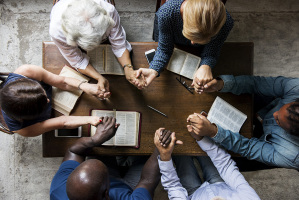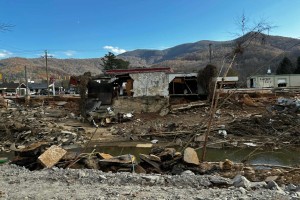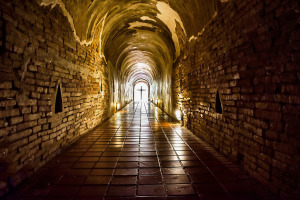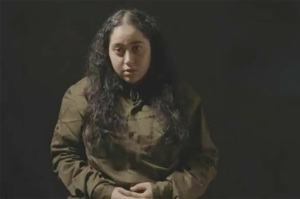WCC to Denounce Increasing Violence Against Dalits in India
The increasing violence against Dalits in India is being denounced by the World Council of Churches (WCC) at the current (59th) session of the United Nations Commission on Human Rights (UNCHR).
"The violence against Dalits is on the increase," states a written submission by the WCC Commission of Churches on International Affairs (CCIA). "They are not only segregated in all spheres of social life - places of worship, education, housing and land ownership, use of common wells and roads - but also subjected to arbitrary executions," the submission explains.
The WCC has long been committed to the cause of Dalit liberation. According to the WCC general secretary Rev. Dr Konrad Raiser, "The WCC has been accompanying this process for the past 20 years."
"While we continue to be in solidarity with the churches in India as they seek to witness to the liberating power of God in an increasingly complex and hostile environment," Raiser adds, "we encourage them to not limit themselves to Dalit liberation within their own community, but also to join the wider movement committed to the liberation of Dalits."
Recalling the WCC conviction that "Christian participation in the struggle for liberation is an inevitable task for the churches," Raiser notes that "We now find ourselves confronted with new forms of oppression as a consequence of economic and financial globalization combined with hegemonic ambitions on the political and military levels." These new patterns, he says, call churches to go beyond acts of liberation and strive for justice that transforms all structures and relationships. "Transformative justice overcomes all forms of discrimination and oppression and enables healing and reconciliation," Raiser says.
The WCC's written submission to the UN Human Rights Commission comes in the context of continued deep concern about the Dalit issue within UN debates on racism, xenophobia and other forms of discrimination. The submission also lifts up the plight of religious minorities in India, Pakistan and Indonesia.
By Albert H. Lee
chtoday_editor@chtoday.com





























